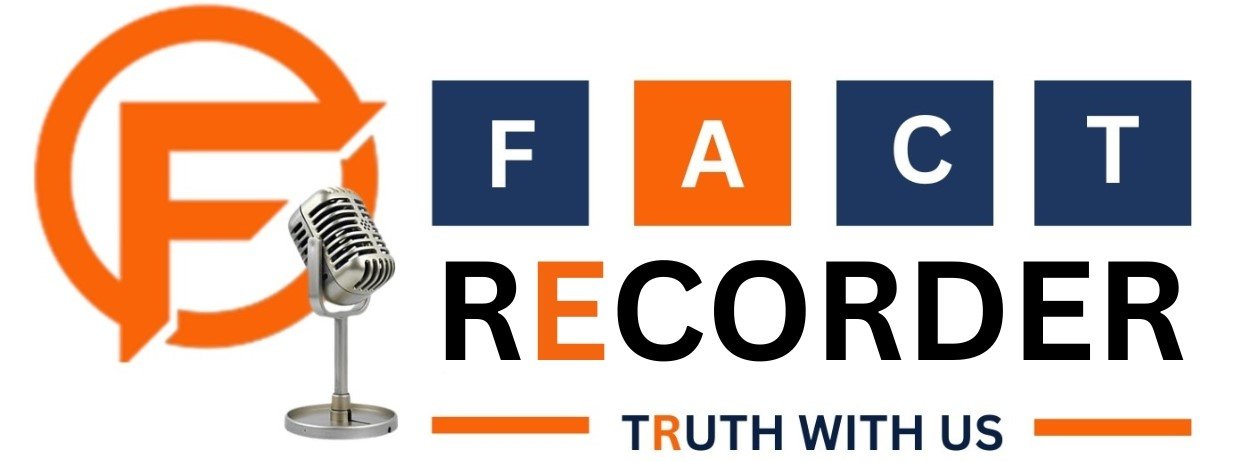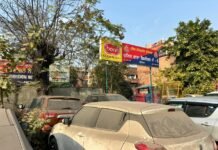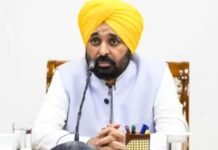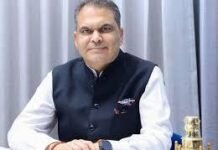Health Department Organizes Bicycle Rally in Various Schools
Fazilka, May 24,2025 FACT RECORDER
Under the directions of Civil Surgeon Fazilka, Dr. Raj Kumar, and the leadership of SMO Dr. Vikas Gandhi, the Health Department organized a bicycle rally in government schools of Khooikheda, Bakenwala, Khippanwali, and Gumjal to mark World Hypertension Day. An awareness camp was also held in this regard.
On this occasion, Medical Officer Dr. Lovepreet and BEE Sushil Kumar shared that high blood pressure is a major cause of various health issues such as stroke, heart attack, and kidney disease, and can also contribute to dementia (mental decline). Many people suffering from hypertension are unaware of their condition as it usually has no symptoms, and is often only detected after a stroke or heart attack. The department is conducting a month-long awareness campaign in observance of World Hypertension Day. The main goal of this campaign is to raise public awareness about high blood pressure, commonly known as hypertension.
They highlighted that over 30% of the world’s population, i.e., more than 1 billion people, are affected by hypertension. In India, it is an increasingly serious issue and poses a major burden on the healthcare system. For the general population, normal blood pressure should be below 140/90, and for those with no complications but diagnosed with hypertension — or those with diabetes or chronic kidney disease — it should be below 130/80.
Although hypertension has no cure, medication and lifestyle changes can significantly improve quality of life. Blood pressure can be controlled through key lifestyle modifications, such as:
Eating a balanced diet
Reducing salt intake
Avoiding alcohol
Engaging in regular physical activity
Managing stress
Maintaining a healthy body weight
Avoiding smoking
Taking prescribed medicines properly
Following doctor’s advice regularly
The event saw active participation from students, teachers, and health department staff such as CHOs (Community Health Officers), ANMs (Auxiliary Nurse Midwives), health workers, ASHA workers, school teachers, and children from various schools.













